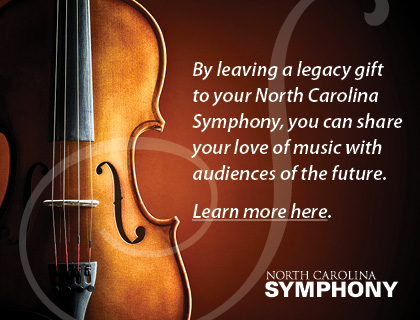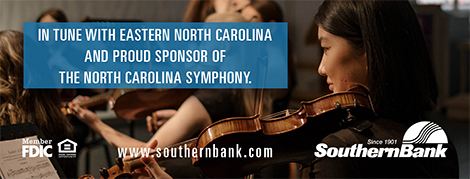Messiah
George Frideric Handel (1685-1759)
THE STORY
In the autumn of life, Handel channeled his strengths in operatic composition toward the sacred oratorio, infusing Biblical texts with a power previously reserved for the theater. Messiah, composed in a hasty twenty-four days (August 22-September 14, 1741), displays Handel’s artistic maturity with a stylistic range that encompasses the courtly French overture, operatic arias and recitatives, learned fugues, and vocal duets to hearty chorales and anthems. In time, Messiah became the undisputed staple of the oratorio genre, and its treatment of English-language sacred texts challenged the domineering grip of Italian operas on the British stage. As such, Handel afforded England a sacred tradition that would endure as a source of national pride for centuries to come.
The expressive musical range in Messiah is matched by the expansive theological breadth of its text. Librettist Charles Jennens (1700-1773) had furnished lyrics for Handel’s earlier oratorios Saul (1739) and Israel in Egypt (1739), and now assembled a collection of varied Scriptural verses concerning Jesus Christ. A well-read patron of the arts, Jennens was not satisfied merely to offer a gospel account of Christ’s birth; instead, his anthology of texts expounded the significance of Jesus Christ as the Messiah, largely foretold by Old Testament prophets. In Part 1, passages from the Psalms, Isaiah, Zechariah, Haggai, and Malachi gloss the narratives from the Gospels of Matthew and Luke. Part 2 focuses on Christ’s sacrificial death, resurrection, and ascension before describing the world’s rejection of the gospel message. Part 3 ushers audiences to the horizon of eternity, anticipating the elect from every nation gathering in Christ’s victory over death and communion with God.
Handel premiered Messiah at a charity concert in Dublin during Passion Week (on April 13, 1742), drawing several hundred in attendance. Audiences, critics, and clergymen immediately received the work with high praise, causing Handel to give a second performance six weeks later. In contrast, London critics initially perceived the theatrical approach as ill-suited for holy texts; however, subsequent performances earned Messiah its permanent stature in England’s musical heritage.
LISTEN FOR
- The opening, instrumental Sinfonia written in the style of the slow French overture, exuding noble grandeur with its crisp dotted rhythms
- The word-painting in “Every Valley Shall be Exalted”—the melodic contours match the meaning of the text (low notes for “valleys,” high notes for “exalted”)
- Four dramatic recitatives—“There were Shepherds Abiding in the Field,” “And, Lo, the Angel of the Lord Came upon Them,” “And the Angel Said unto them,” and “And Suddenly there was with the Angel”—that explode into the angelic D-major chorus, “Glory to God”
- The fugal elements of the final “Amen” (Let it Be), which resounds in a manner even more illustrious than the “Hallelujah” chorus that concludes Part 2
INSTRUMENTATION
Two oboes, bassoon, two trumpets, timpani, organ, strings
© Joanna Chang

